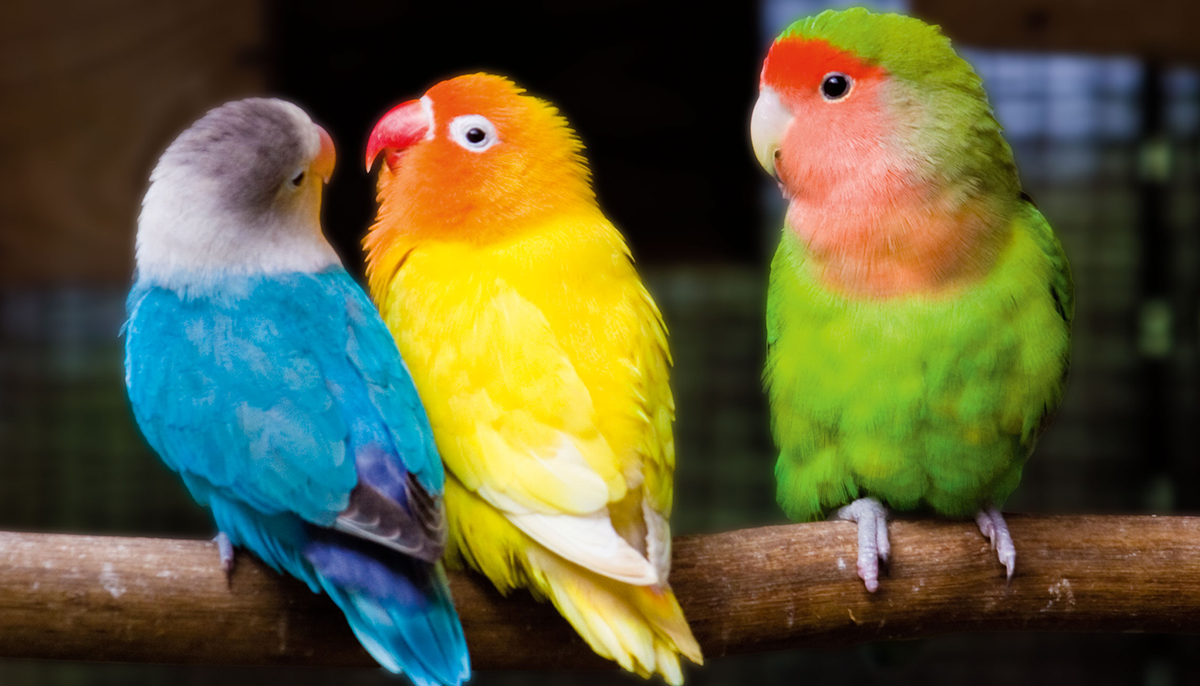Jealousy can appear suddenly at the most unexpected moment, such as, for example, while you’re watching a show on Netflix. Even if you have no intention of becoming an actor, you might still feel jealous of a person you don’t even know because of their appearance or talents.
According to the Buddhist psychological explanation of how the mind functions, jealousy is an emotion rooted in attachment and ego-clinging. It arises when we feel threatened by the success, happiness, or possessions of others, often because we mistakenly believe that their gain diminishes our own. In other words, we mistakenly believe that happiness or achievements are limited resources.
“In the grip of attachment, we believe that others’ success detracts from our own.”
Jealousy arises when we compare ourselves to others, often leading to anger or resentment. In the famous verses of the Dhammapada, the Buddha talks about how harmful jealousy is to the mind and how beneficial it is to eliminate it: “If one is troubled by what others receive, their food and drink or other gifts, such a person, day or night, will never find a calm and focused mind. But those who have cut off envy, uprooted it and destroyed it completely, will find, both day and night, a calm and focused mind.”
So, how do we eliminate jealousy? Three practices that are particularly helpful are loving-kindness meditation, tonglen meditation, and recognizing impermanence and interdependence.
Loving-Kindness Meditation
Loving-kindness (metta) is the sincere wish for others to be happy and always encounter the causes of happiness. Metta is also related to compassion, which is the aspiration for others to be free from suffering. Loving-kindness meditation involves wishing others happiness, including those we are jealous of. By recognizing their suffering and wishing for their happiness, we let go of our jealousy
To practice metta, start by thinking of yourself, and say silently or aloud, “May I have happiness.” Imagine yourself free of jealousy and with a harmonious, peaceful mind.
Next, think about the person toward whom you are experiencing jealousy, and imagine that this person receives exactly what they need to alleviate their suffering. Say silently or out loud, “May you have happiness.” Wish for this person to encounter the peace and joy that come from mental clarity.
Finally, try to expand this wish. With loving-kindness, bring to mind all beings, and say silently or aloud, “May all beings have happiness.” For a few moments, rest in this experience of mental freedom.
Tonglen Meditation
We often think that focusing on ourselves will make us happy, but it doesn’t. As Shantideva, an eighth-century Buddhist monk, scholar, and poet, said: “All the suffering there is in this world arises from only wishing ourselves to be happy. All the happiness there is in this world arises from wishing others to be happy.”
Tonglen, which literally means “giving and taking,” is a practice that helps us let go of the human impulse to put ourselves first and, instead, focus more on the happiness of others. So, tonglen shifts our perspective and strengthens our positive connection to the world around us. By focusing on the well-being of others, we counteract our self-grasping and jealousy.
Here are some simple instructions for how you can practice tonglen: Take a moment to picture a black rock, representing your ego attachment, nestled at the center of your chest. Then, picture the suffering of others as a black cloud in front of you. As you breathe in, take in all their pain, suffering, and problems. When the black cloud touches the rock in your chest, it explodes, releasing a bright flash of light. As you breathe out, this light spreads and brings happiness, goodness, and abundance to every being. Repeat this visualization as many times as you’d like, at least three times.
Recognize Interdependence and Impermanence
Jealousy is driven by the three poisons of ignorance, attachment, and aversion. In the grip of attachment, we believe that others’ success detracts from our own. Attachment is a mental state that leads us to amplify the positive attributes of an object, person, place, or situation, creating a desire for it and leading to expectations. Attachment and anger are closely related; when we fail to fulfill our desires, our attachment often transforms into anger or aversion.
In ignorance, we can fall into jealousy because we overlook the transient and interconnected nature of existence and the fundamental goodness or buddhanature present in ourselves and others. In other words, jealousy arises from a fundamental misunderstanding of reality—from a misguided belief in a solid, permanent “self” that needs to protect its status or image. So, not understanding impermanence and interdependence, we are preoccupied with our sense of self-worth, and this leads us to engage in comparison and competition.
Here is a simple practice for recognizing the truth of impermanence and interdependence: When you feel jealous, take a break, sit down, and observe the thought, “I feel jealous.” Now, try breaking the thought into moments—shorter and shorter moments until you reach an indivisible moment, a point that can no longer be divided. In this moment, arising and ceasing happen simultaneously, showing that arising is ceasing, and ceasing is arising. Observe: What remains?
This practice helps us understand subtle impermanence, revealing that jealousy, as something seemingly solid, is a misconception. Here we find a gateway to realizing emptiness or interdependence, and the perfect antidote to see how jealousy has no real existence or power over us.
By repeatedly cultivating this view, we find that jealousy reduces its intensity and frequency, leading to greater peace and harmony. Over time, jealousy can be transformed.

